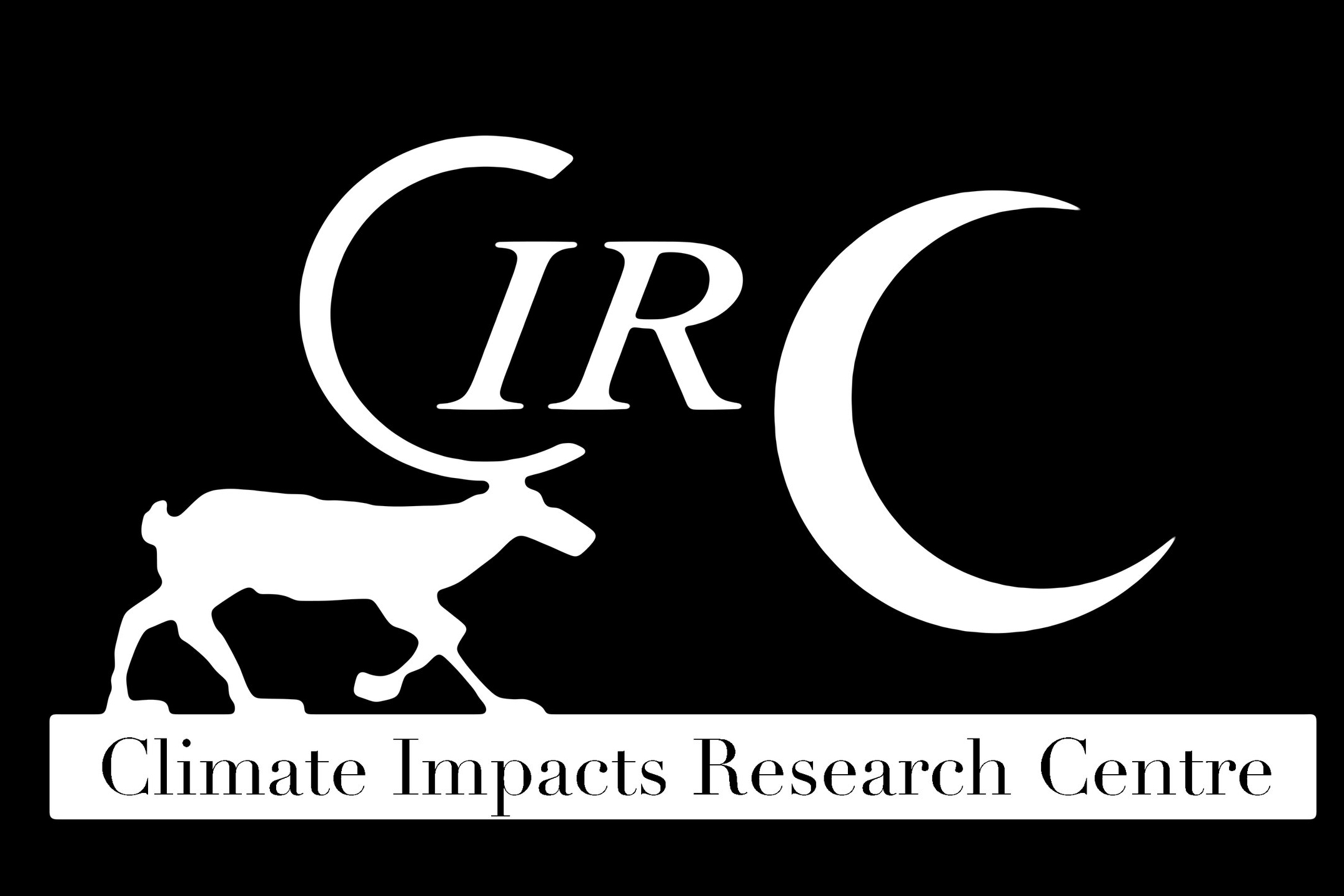SITES WATER
SITES is a nationally co-ordinated infrastructure for terrestrial and limnological field research.
SITES extends throughout Sweden with different ecosystems and climatic zones, from agriculture lands, forest, cultivated forest to mires, streams, lakes and alpines.
SITES offers all scientists to use participating field research stations. Either you can be on site yourself or outsource an assignment to the technical staff at the station. You also have the opportunity to use existing data collected at the stations. There are, in a number of areas of research, extensive and long series of data. Read more about what SITES provides here.
Within SITES three new infrastructures has been initiated and is now under development: SITES Water, SITES AquaNet och SITES Spectral.
Project Description
SITES Water aims to build a long-term and well-coordinated measurement program
that will form the basis for the infrastructure where hydrological, physical, chemical and biological parameters in lakes and streams will be measured.
SITES Water builds a unique long-term measurement program where hydrological, physical, chemical, and biological parameters within lakes and streams are measured. Based on this ‘backbone’ infrastructure SITES Water will thus provide data and facilities to address a broad range of scientific questions relevant for the scientific community.
Seven of SITES nine stations participate. SITES Water is either initiated as a new facility at some stations or built upon already existing stream/lake networks at some other stations. SITES Water share and competence develop the team/crews across stations working with these structures and data to deliver a state-of-the-art measurement program.
SITES Water data
There are several types of data collected within SITES Water divided into six layers.
Each layer are described below and there specify well what type of data that are collected and distributed. All layers are divided into base and advance level where base level apply to all stations, and advance apply to some and are usually a result of already ongoing programs and built on previous knowledge at the station.
Site in abisko
Abisko scientific station is unique and versatile modern research station located app. 200 km north of the polar circle. The station has international standard and are used by a number of different research projects addressing high tech experiments in soil and water terrain. Abisko also provides measurement programs and observations for a number of different parameters. The surrounding environment is diverging both from a topographic perspective but also regarding climate gradients.
Researches in Abisko utilize the measurement programs and observational data series along with specific experiment and modelling to address questions mainly related to environment and climate change. Addressed time perspectives of these studies range from hundreds of millions of years back in time to different future scenarios.
Each year between 500 and 600 researchers from the whole world visit Abisko. The station provides lodging, guest kitchen, laboratories, offices, library, workshops, and lecture halls, meeting rooms, green house, “attempt gardens”, storage rooms and a meteorological station.
For access of observations and data from measurement programs in Abisko please contact the station manager, explore Abisko base program of parameters and sampling plots or visit Abisko-GIS (external homepage).
Abisko is part of SITES infrastructures SITES Water and SITES Spectral.
The homepage of Abisko can be found here.




